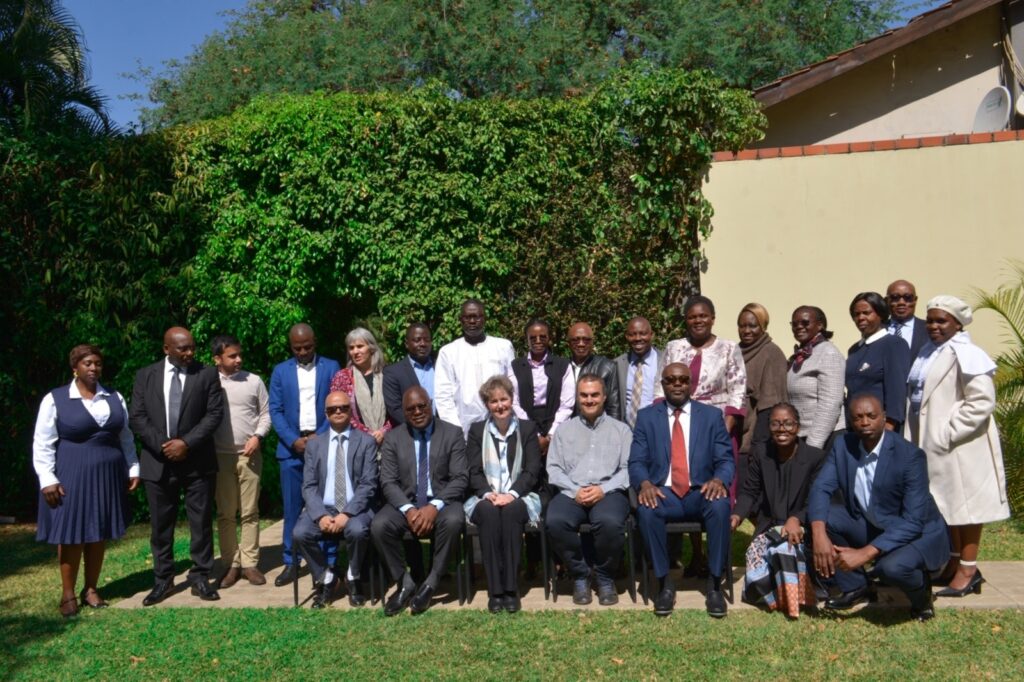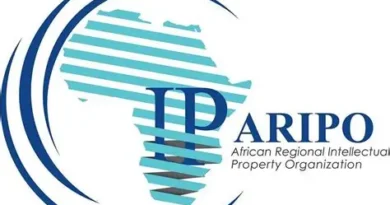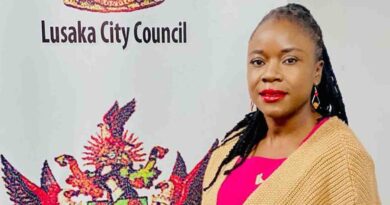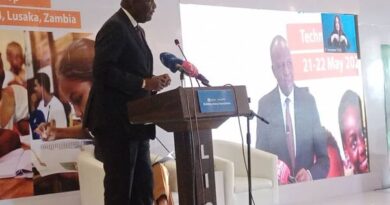ECZ Among Key Players Driving Africa’s Education Reform Efforts
The Electoral Commission of Zambia (ECZ) is playing a pivotal role in shaping Africa’s education reforms as part of a broader continental initiative spearheaded by the African Union Commission (AUC).
Through its Pan African Institute for Education for Development (AU-IPED), the AUC, in partnership with major education stakeholders including the Association for Educational Assessment in Africa (AEAA), UNESCO, and the Association for the Development of Education in Africa (ADEA), is advancing a continent-wide validation of the Continental Assessment Framework for Africa (CAF-Africa).
The framework aims to revolutionize how learning outcomes, particularly in reading and mathematics, are measured and addressed across African Union Member States. This effort responds to a dire learning crisis highlighted by UNESCO statistics showing that while four out of five children in Africa complete primary education, fewer than two in ten reach minimum proficiency levels in key subjects.
The validation workshop, which began on July 29 in Livingstone, marks a significant milestone in operationalizing CAF-Africa, a harmonized, technically sound approach aligned with Sustainable Development Goal Indicator 4.1.1 and the Continental Education Strategy for Africa (CESA 2026–2035).
Speaking at the event, Mr. Adoumtar Noubatour, Coordinator of AU-IPED, emphasized, “We are committed to closing Africa’s learning data gaps and ensuring every child’s learning is visible, measurable, and acted upon. The Continental Assessment Framework is not just a technical tool; it’s a statement of our collective ambition.”
CAF-Africa is a direct response to the 2023 Ministerial Call to Action, championed by Zambia alongside Kenya, Rwanda, Senegal, and The Gambia, highlighting the urgent need for robust, comparable learning data to guide education reforms continent-wide.
Dr. Michael Chilala, Executive Secretary of AEAA, noted, “Our goal is to provide national and regional actors with a harmonized, contextually relevant framework to assess education quality. This will help governments set realistic learning targets, allocate resources effectively, and ensure no learner is left behind.”
The workshop gathered approximately 30 participants, including representatives from AU Member States, regional organizations such as PASEC, civil society, and academia. Discussions focused on curriculum alignment, national assessment frameworks, and strengthening capacity for learning assessments.
Expected outcomes from the validation process include:
- A finalized and technically validated CAF-Africa framework.
- Enhanced political and technical commitment to CAF implementation.
- Better integration with AU-led education accountability and skills initiatives.
- A repository of good practices and recommendations to guide Member States in rollout.
The successful validation in Livingstone will lead to the official launch of CAF-Africa at the AEAA Annual Conference in August 2025 and a ministerial presentation at the ADEA Triennale in Ghana this October.
The collaboration highlights Zambia’s growing leadership in advancing Africa’s education agenda and reflects a shared continental commitment to improving learning outcomes for millions of children.



